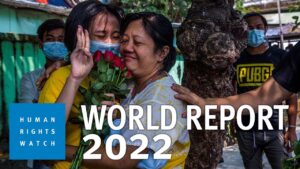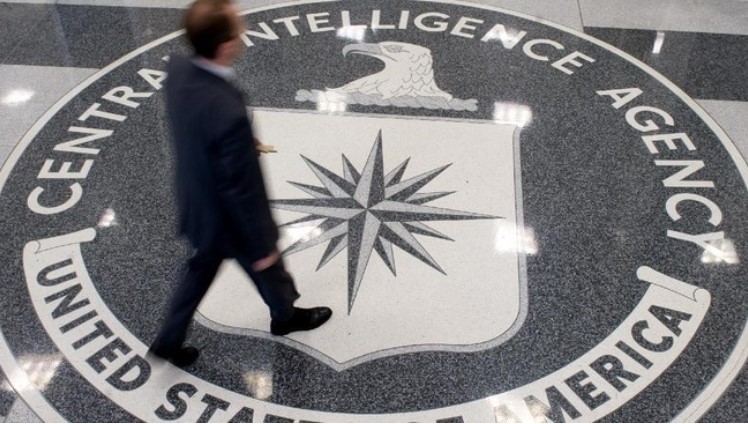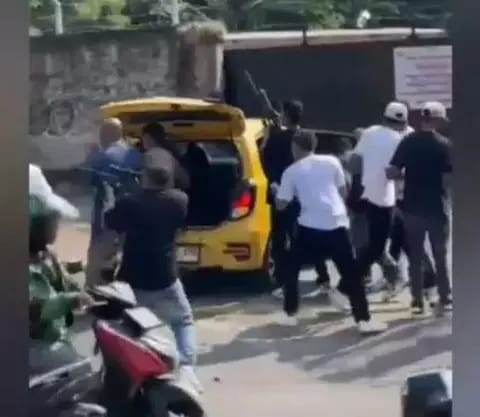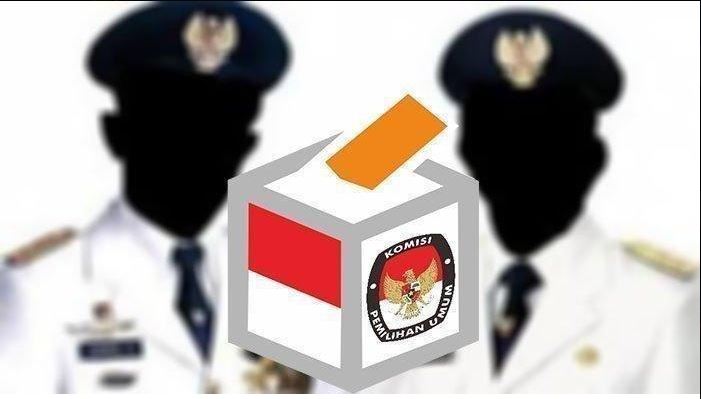
STRATEGIC ASSESSMENT-London. On April 13, 2022, human rights activist and Nobel Peace Prize laureate Nadia Murad Basee spearheaded the launch of the Murad Code, a project to help survivors of sexual violence in conflict document their experiences and seek support and justice. The initiative is funded by the United Kingdom and was developed with the International Center for International Criminal Investigations. The Murad Code is a consultative initiative aimed at building and supporting a community of better practice for, with, and concerning survivors of systematic and conflict-related sexual violence. It also includes a “survivor’s guide” to assist individuals in better understanding and demanding protections of their rights during the documentation process.
The annual debate at the UN Security Council reflects the UN Secretary-General’s 2022 report, which defines conflict-related sexual violence as “rape, sexual slavery, forced prostitution, forced pregnancy, forced abortion, enforced sterilization, forced marriage, and any other form of sexual violence of comparable gravity perpetrated against women, men, girls or boys that is directly or indirectly linked to a conflict.” This session came on the heels of an earlier session focused on the impacts of the war in Ukraine on women and children, called by Albania. Across several conflicts, from Ethiopia to Syria to Ukraine, the pervasiveness of horrific acts of sexual violence—against women, men, and children—testifies to its continued use as both a tactic by armed groups and a strategy to destroy community morale, cohesion, and security.
The evidence coming out of Ukraine paints a picture of widespread sexual abuse and torture, with reports indicating that not even young children were spared. While much of the international community remains focused on the military dimensions of the conflict and the materiel required to repel Russia’s invasion, there have been calls to ensure that early efforts to collect evidence and record testimonies allow for identification of perpetrators and inclusion in future accountability mechanisms. That may be little comfort to those immediately impacted. Accordingly, it is vital that national and international actors on the ground ensure that victims and survivors receive immediate attention and support and that their needs and experiences are not subsumed or marginalized by the imperatives of military action. Victims and survivors in some communities may find it especially difficult to share their experiences, seek help, or reintegrate into communities, which may reject or isolate children born of sexual violence or associated with enemy groups.
In Syria and Iraq, the so-called Islamic State’s campaign of genocide against the Yezidi community has left many thousands traumatized by sexual violence, including abductions, sexual slavery, human trafficking, and murder—with many thousands still in captivity, according to Nadia’s Initiative. Despite the findings of UNITAD, the UN body tasked with collecting evidence of ISIS crimes in Iraq, that ISIS had perpetrated genocide and war crimes, accountability remains elusive with only a handful of successful prosecutions in Western countries. Many foreign fighters associated with ISIS continue to languish in makeshift camps with little hope of repatriation or accountability, delaying prospects for investigations and prosecutions in their home countries. Reports suggest that the presence of foreigners exacerbated the prospects for violence, exemplified by the recent conviction of ISIS “Beatles” member El Shafee Elsheikh for his part in the detention, torture and murder of hostages. Groups like ISIS also explicitly utilized gendered recruitment narrative extolling the benefits of membership that included sexual slaves and violence.

States have recognized that “acts of sexual and gender-based violence are known to be part of the strategic objectives and ideology of certain terrorist groups, used as a tactic of terrorism, and an instrument to increase their power through supporting financing, recruitment, and the destruction of communities.” However, mechanisms for redress are fraught with challenges for victims in navigating legal and administrative hurdles. As the think-tank Security Council Report noted, in Iraq for example, the March 2021 Yazidi Survivors Law provides for several support measures for survivors from the Yazidi, Turkmen, Christian and Shabak communities, but does not apply to “other women and girls who experienced sexual violence in the form of forced marriages to Da’esh members, nor does it address the issue of children born as a result of conflict-related rape.” In 2016, the UN Security Council adopted resolution 2331 which recognized “the connection between trafficking in persons, sexual violence and terrorism and other transnational organized criminal activities,” and noted that “any person or entity who transfers funds to ISIL directly or indirectly in connection with such exploitation and abuse” would be eligible for listing under the “1267” al-Qaeda and ISIS counterterrorism sanctions regime. However, to date, it does not appear that any country has proposed a listing on those grounds.

The collection of evidence of the use of sexual violence in conflict, and as a tactic of terrorism, is critical to ensuring accountability. However, it is imperative to ensure victims and survivors have more immediate access to support and redress. Moreover, greater investment is needed to enhance training for all relevant actors—including military, criminal justice, legislative—to be able to effectively prevent and mitigate such abuses. No mission can be deemed truly successful as long as victims and survivors have to fight for recognition or support.







